

2018-01-09 08:33:00 Tue ET
technology social safety nets education infrastructure health insurance health care medical care medication vaccine social security pension deposit insurance
BlackRock CEO Larry Fink emphasizes his key conviction that public corporations should make a positive contribution to society apart from boosting the bottomline. Society now demands that each public or private company serves a social purpose. To prosper over time, each company must not only deliver financial performance, but each company must also demonstrate how it makes a positive contribution to society. This kind reminder is a major watershed moment on Wall Street and raises questions about the unique nature of capitalism.
The Fink letter serves as a key lightning rod of stakeholder-value maximization for institutional investors such as BlackRock, Franklin Templeton, Vanguard, Charles Schwab, Fidelity, Allianz, State Street, PIMCO, PGIM, and so on. Key stakeholders include not only shareholders but also employees, customers, creditors, suppliers, regulators, and intellectual property assignees.
The government may fail to prepare for the future generations on socioeconomic issues such as retirement, infrastructure, automation, and education. As a result, society has to increasingly rely on the private sector in order to better respond to broader societal challenges. If a company cannot engage with the community with a crystal-clear sense of social purpose, the company ultimately loses its license to operate for better stakeholder value. For instance, some institutional investors and activist shareholders require Facebook, Apple, Microsoft, Google, and Amazon to consider the detrimental effects of mobile devices on children. Mutual funds and insurance firms such as AIG and Berkshire Hathaway can monitor whether energy companies such as ExxonMobil, BP, Phillips 66, and Saudi Aramco help mitigate environmental degradation. Also, key billionaires join the Giving Pledge campaign to curb global economic inequality. For instance, the Gates Foundation continues to help eradicate preventable diseases due to malaria, polio, Guinea worm, and smallpox in Africa and the Middle East. Nowadays, each company has to serve a social purpose in order to attract capital flows from asset management firms.
If any of our AYA Analytica financial health memos (FHM), blog posts, ebooks, newsletters, and notifications etc, or any other form of online content curation, involves potential copyright concerns, please feel free to contact us at service@ayafintech.network so that we can remove relevant content in response to any such request within a reasonable time frame.
2020-01-01 13:39:00 Wednesday ET
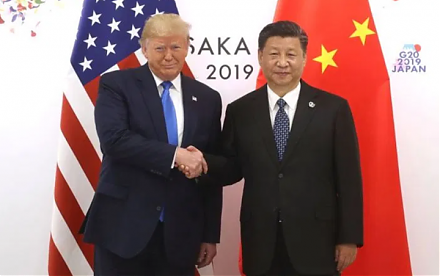
President Trump approves a phase one trade agreement with China. This approval averts the introduction of new tariffs on Chinese imports. In return, China s
2018-03-01 07:35:00 Thursday ET
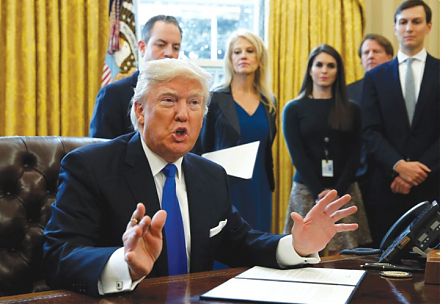
Trump imposes high tariffs on steel (25%) and aluminum (10%) in a new trade war with subsequent exemptions for Canada and Mexico. The Trump administration&#
2018-07-21 13:35:00 Saturday ET
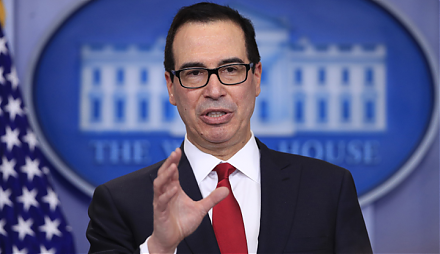
President Trump supports a bipartisan bill or the Foreign Investment Risk Review Modernization Act (FIRRMA), which effectively broadens the jurisdiction of
2018-06-09 16:40:00 Saturday ET
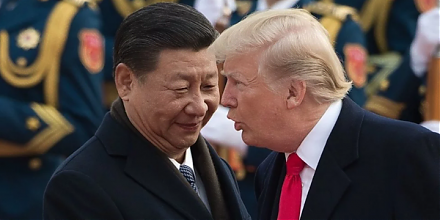
The Trump administration introduces new tariffs on $50 billion Chinese goods amid the persistent bilateral trade dispute. The tariffs effectively boost cost
2017-06-27 05:40:00 Tuesday ET
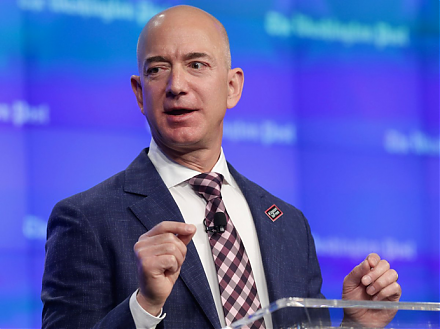
These famous quotes of self-made billionaires are inspirational words of wisdom on financial management, innovation, and entrepreneurship. For financial
2018-09-15 11:35:00 Saturday ET

Apple releases its September 2018 trifecta of smart phones or iPhone X sequels: iPhone Xs, iPhone Xs Max, and iPhone XR. Both iPhone Xs and iPhone Xs Max ha